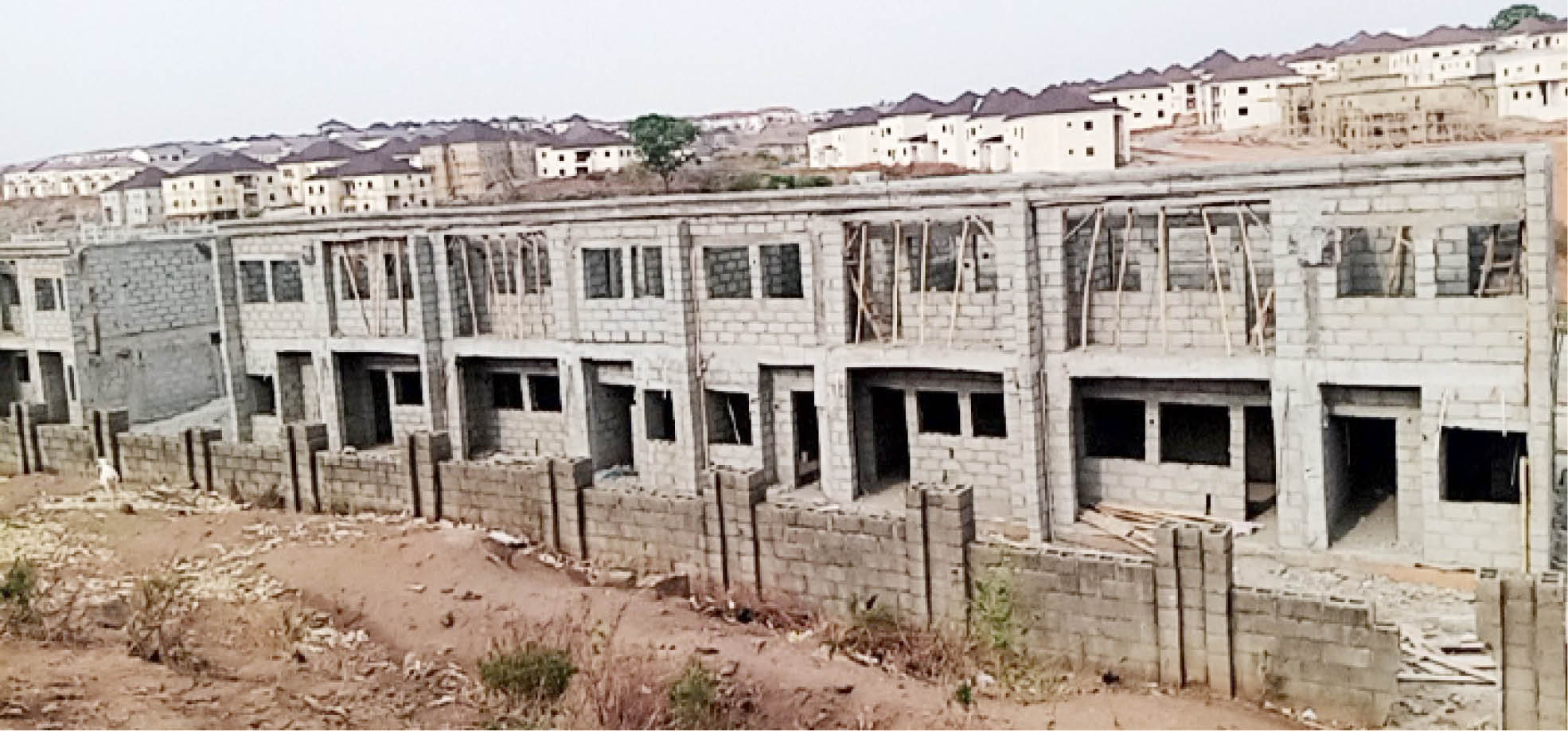Adequate information on rateable areas, rateable property and rateable owners can boost government’s Internally Generated Revenue (IGR), a report by estate surveyors and valuers has revealed.
The report, titled: “Enhancing Internally Generated Revenue (IGR) Through Property Rating: The Role of the Estate Surveyor and Valuer”, was authored by Ibrahim Dang, Jungudo Aliyu M and Kalejaiye Olujinmi.
- PTAN begs FG, states to deploy security guards in schools
- UN tasks Nigeria on rights of older persons
The report analysed the professional roles estate surveyors and valuers play in enhancing IGR through property rating.
Property rating, which is a local form of taxation levied on land and buildings, according to the report, is a veritable source of funding for local government projects.
The report reads in part: “It is an instrument for raising revenue so as to help in defraying some of the costs incurred by local authorities or urban councils in the provision and maintenance of infrastructure and other services within their areas of authority.”
The authors said the first attempt to introduce modern rating into Nigeria was made by CAPS 15 and 16 of the Laws of the Federation of Nigeria and Lagos 1958; which indicated that hitherto rating practice was limited to Lagos and few state capitals of Nigeria.
But with the local government reforms of 1976, every local government council in the country became the rating authority in its area of jurisdiction.
On procedure for rating, the researchers said: “On appointment of the appraiser and the adoption of a system of tenement rating within a rating area, the appraiser will be called up by the authority to inspect and assess all the rateable tenement within the area.
“When this is completed, it constitutes what is called the first general assessment. In the conduct of these activities, the appraiser is free to co-opt any such person that will facilitate his work.
“He is to serve a notice upon occupiers or owners of tenements calling on them to make available any information or records or accounts, required to expedite that conduct of the compilation of the list. The next step is the physical inspection and referencing the tenement within the area.
“This is done by the appraiser and or his agent at a reasonable hour in the day provided that not less than 24-hour notice was given in writing to the occupier. After the inspection and compilation of information gathered in the process and the actual assessment of tenement by the appraiser, the provisional valuation list is then prepared and sent to the local government area for publication and hearing of possible objections.”
According to the report, in order to achieve an accurate and adequate property rate, there are rules and status which should guide the exercise. Such rules are otherwise known as principles.
They further said that in the light of the present reality, revenue from landed investment, if well harnessed, would be a reliable and lucrative source of IGR for states and local government areas.
They called for an urgent need to widen the revenue generation bases of the state and local governments through the introduction of Land Value Taxation, adding noting that: “This will require new legislation and the enabling instruments for effective implementation.”
The report further read that land taxation would require completion of land registers, a parcel-based property gazetteer and reform of the planning system so that every land site could be known and hence each site assessed fairly.
The explained that land value maps would be used by the tax authorities themselves internally to maintain tax assessments and externally to inform tax payers in a transparent manner as to their liability.
The researchers stressed the need for a good Land Information System (LIS) modelled on a broader basis from the Geographical Information System (GIS) but specifically designed for the needs of estate surveyors and valuers.

 Join Daily Trust WhatsApp Community For Quick Access To News and Happenings Around You.
Join Daily Trust WhatsApp Community For Quick Access To News and Happenings Around You.
